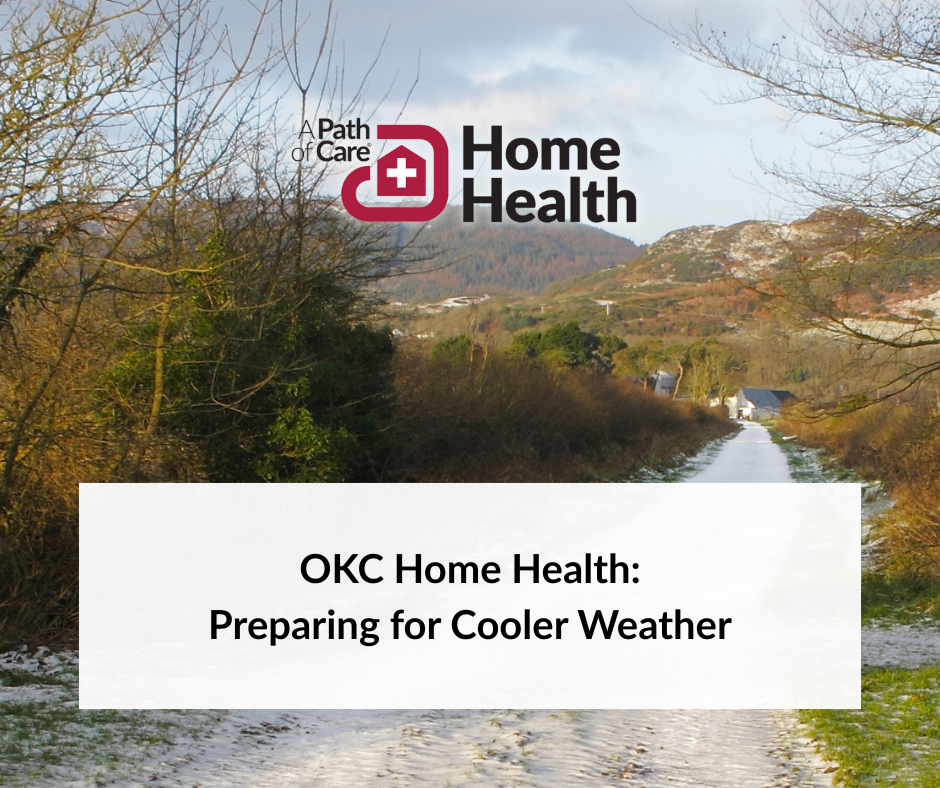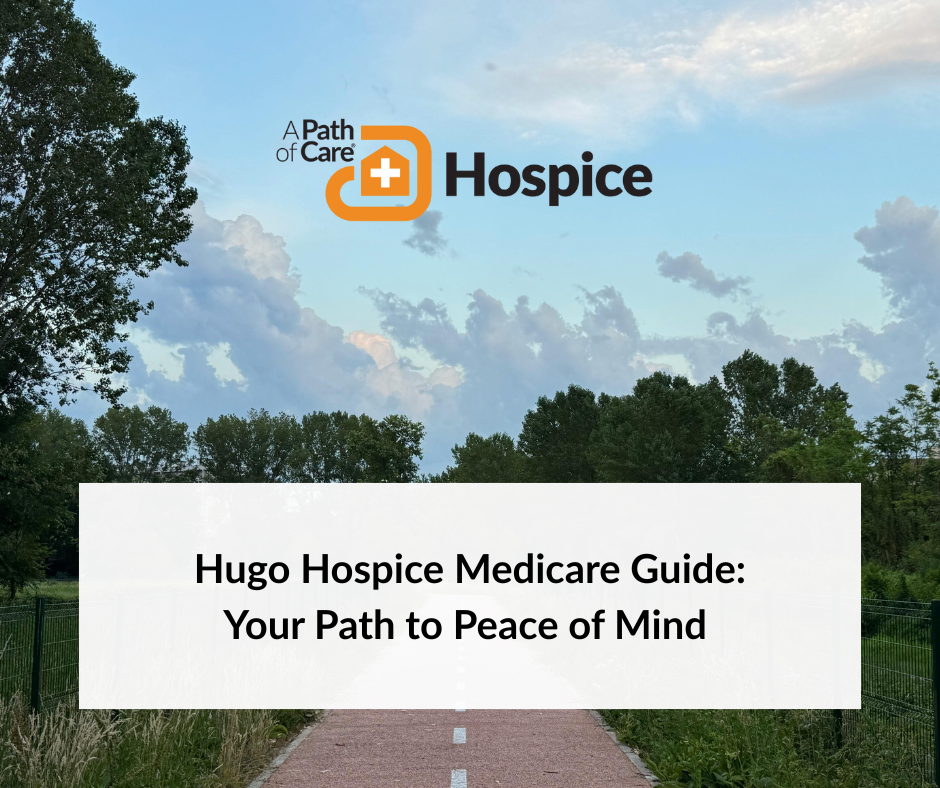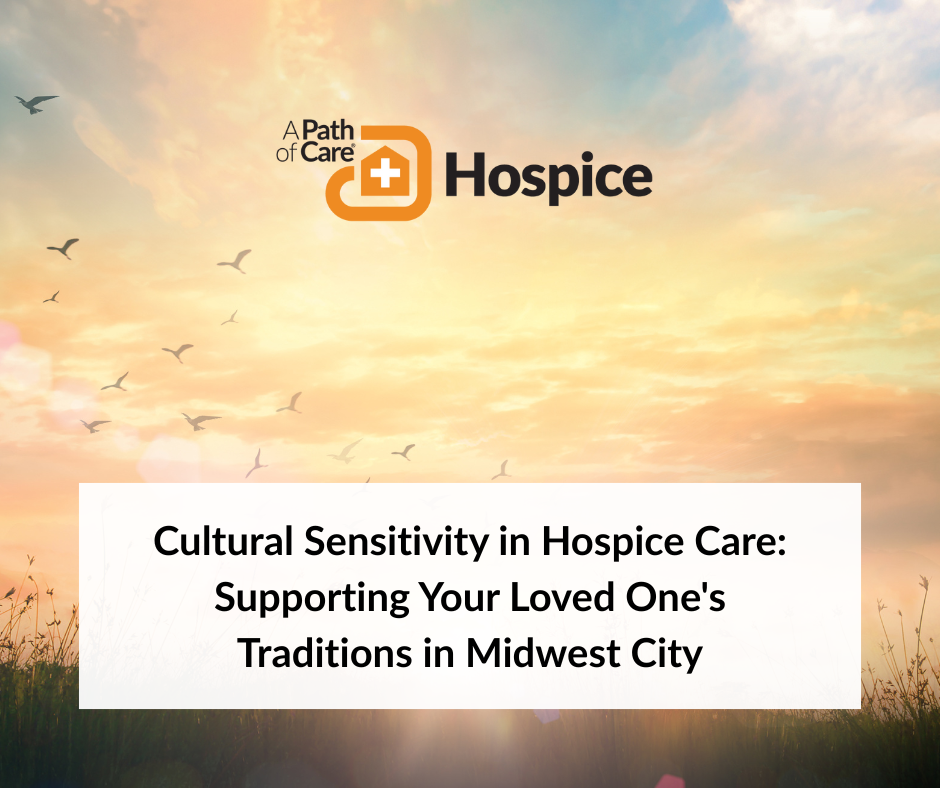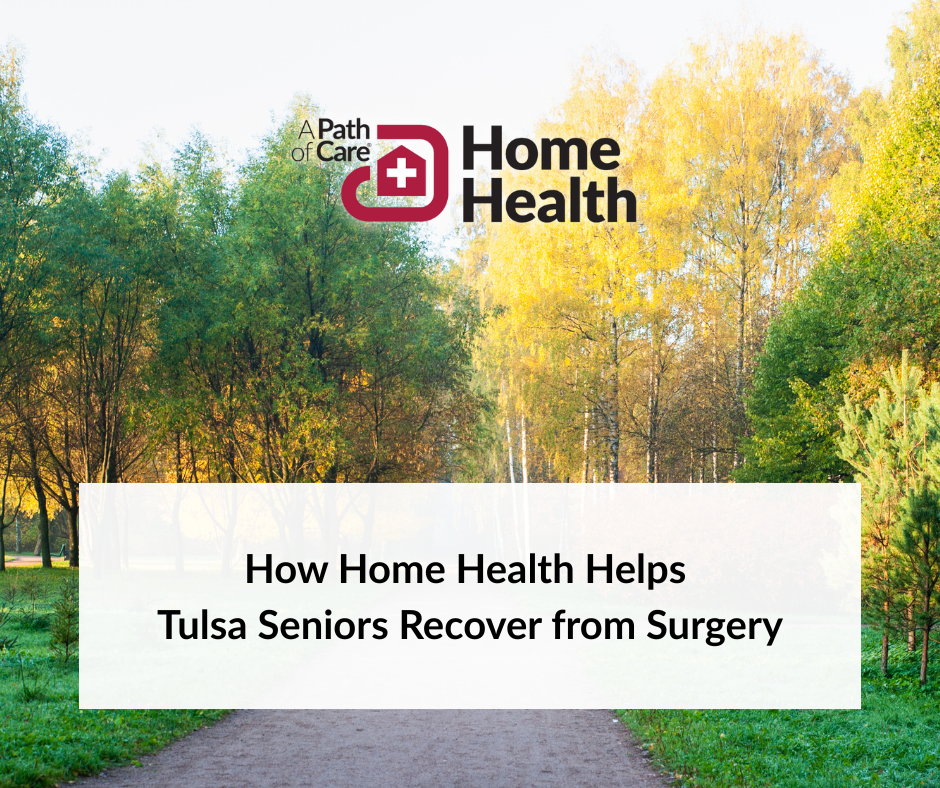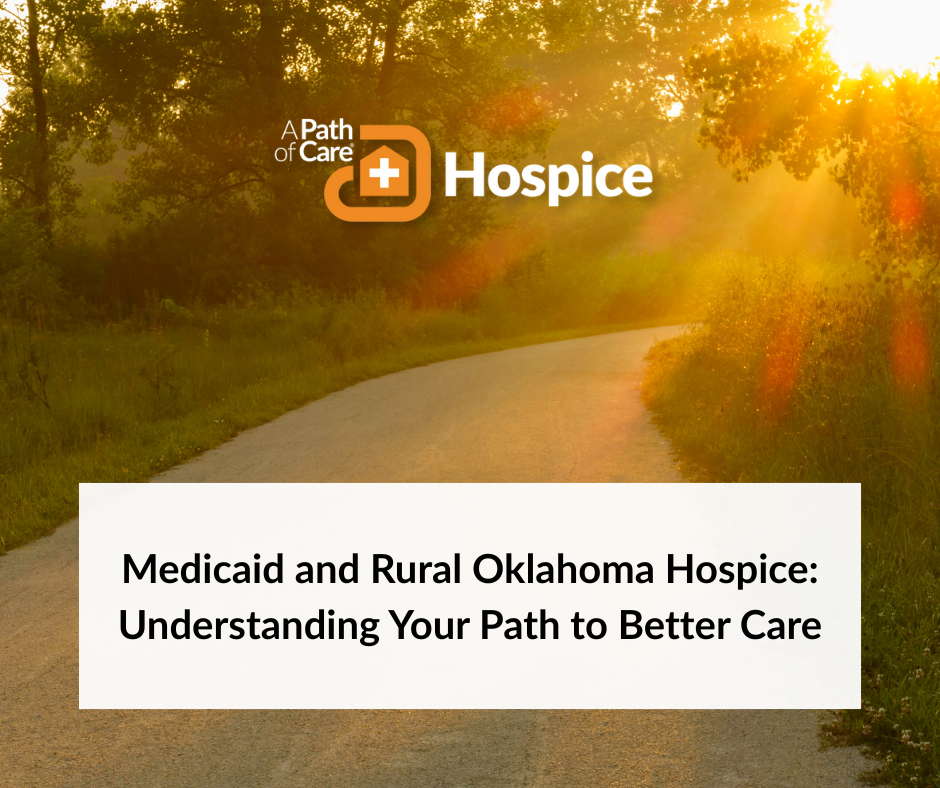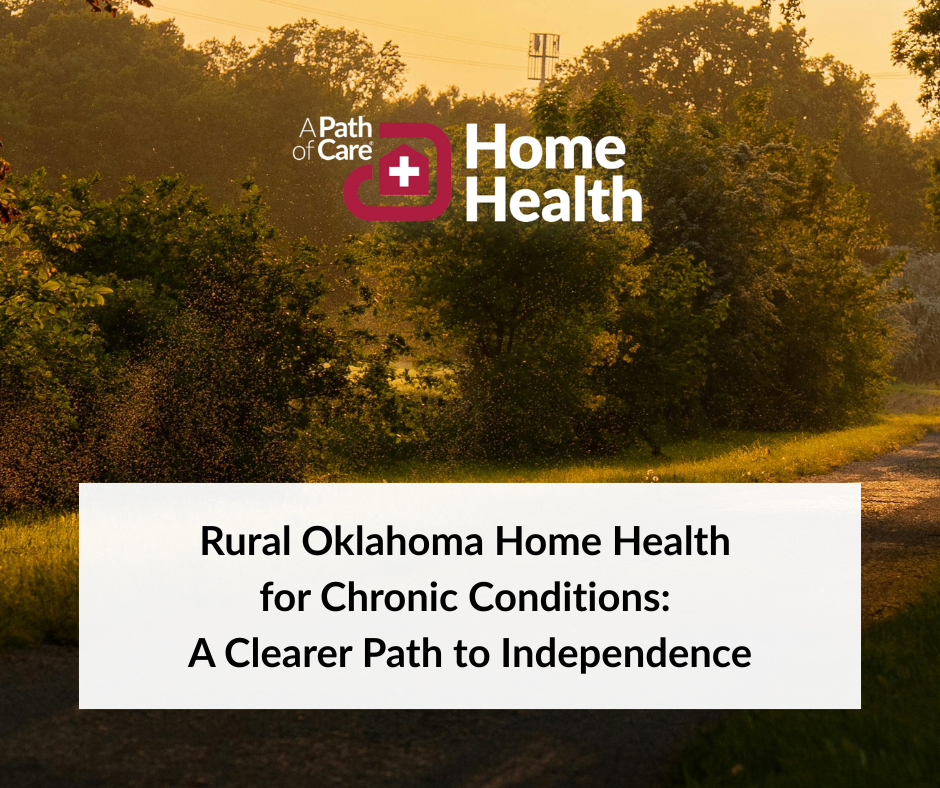Too Hot to Trot: How to Stay Cool in the Dog Days of Summer
As we get older, it gets harder for our bodies to adjust to changes in temperature. Some of the ways we change are:
Perspiration – As we age, we tend to sweat less because of changes in our glands. Less sweat means that the body can’t shed heat as quickly.
Insulation – The body is protected by skin and fat tissue, but these get thinner as we age. With less skin and fat tissue, it’s harder for the body to maintain a consistent temperature.
Medication – Some medicines remove salt and fluids from the body. When combined with heat, we can become dehydrated more easily.
Hydration – Seniors often lose the sense of thirst. Sometimes we worry that we’ll need to use the bathroom more often or may not make it in time. These two factors may cause seniors not to drink enough water to fight the heat.
So, what can you do to stay safe in the Oklahoma heat?
Ways to Keep Cool
- Home Cooling – Air conditioning is key. If you don’t have an air conditioner, create a breeze by opening windows on opposite sides of the room. Cover windows in direct sunlight during the hottest part of the day, and use fans and misters to stay cool.
.png)
- Clothes – Dress for the weather. Try light-colored cotton clothes with short sleeves. Sleeveless garments are great too!
- Slow Down – If you must be active or go outdoors, try to do it during the coolest part of the day. This is usually in the early morning before 7:00 a.m. When you’re out, wear a wide-brimmed hat and use an umbrella to create your own shade. Make sure that you take frequent breaks to avoid overheating.
- Cool Compresses – Pat your wrists, face, and back of your neck with a wet washcloth or ice cubes wrapped in a washcloth. Cool showers and baths are another great way to beat the heat.
- Check on Others – If you know seniors who live alone, check on them often during hot weather.
- Drink Water – Unless your doctor tells you otherwise, carry water or juice around your home or when you’re out and about. Take drinks often, even if you don’t feel thirsty. Try to avoid alcohol or caffeine, as they can dehydrate you.
- Meals – Eat small meals or eat more often. Try salads, sandwiches, fresh fruit, and vegetables.
.png)
Heat Emergencies: What If Someone Gets Too Hot?
- Get the person out of the sun and into a cool place.
- Offer water or juice.
- Use cool compresses, provide a cool shower, or wrap the person in a cool, wet sheet while fanning.
- Have the person lie down and rest.
Call 9-1-1 right away if you see these warning signs:
- Headaches, dizziness, confusion
- Chest pain or rapid heartbeat
- Tired or slow movement, hallucinations
- Hot, dry skin that is red but not sweaty
- High body temperature
- Seizure or loss of consciousness
These are all signs of heatstroke, which can be dangerous without treatment.
[[cta]]
When There are Medical Concerns
A Path of Care Network nurses and therapists are passionate about helping seniors live safely and independently in their own homes. Give us a call for a home safety assessment. We can make recommendations for how to improve the safety of your own home, plus we offer special educational programs to help seniors manage their chronic diseases.
Call us at (844) 301-4705 or send an email to answers@APathOfCare.net for a home safety assessment. We can discuss your situation and see if home health services would benefit you or someone you love.

